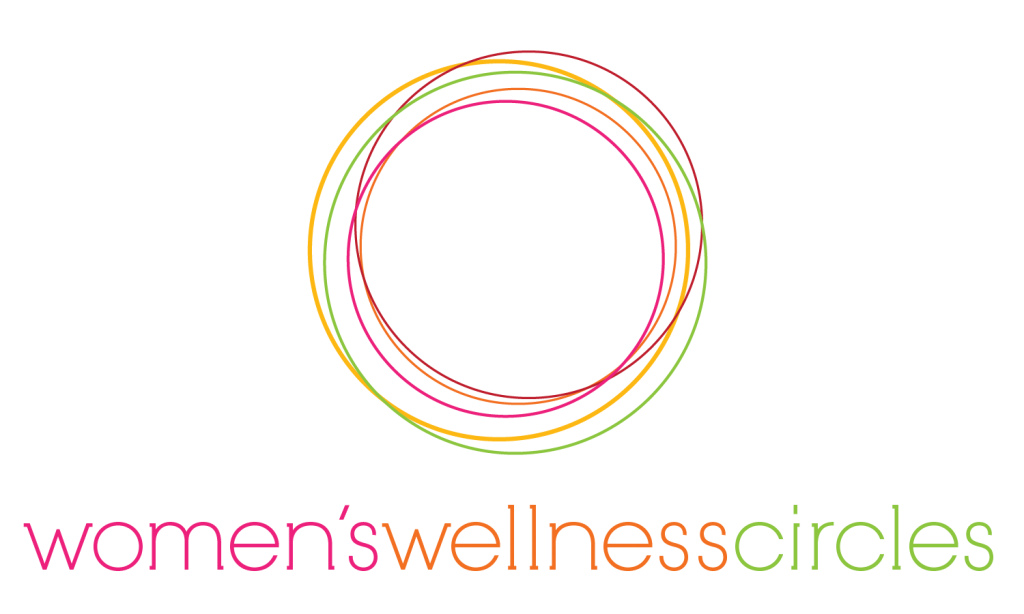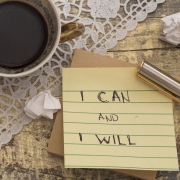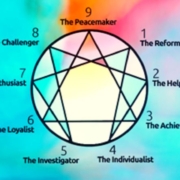APOLOGIES ARE HEALING
How comfortable are you with apologising to someone if you hurt their feelings or did something that upset them, whether you intended to or not?
How comfortable are you with receiving an apology or even asking for one if someone has hurt you by their words or actions?
These are important questions to ask. Your answers will determine the amount of healing and growth you bring to yourself, others, and the world around you.
Recently I read the book, The Five Languages of Apology, co-written by the same well-known author of The Five Love Languages, Gary Chapman.
Although I’m generally comfortable with giving and receiving apologies, it’s not a topic in which I had become well-versed. Not many people have because it’s not taught in school and our parents didn’t know much about it either. Yet, it’s such an important life skill.
In fact, I now believe that if we want to nurture close and trusting relationships and to improve our local and global communities, then it’s an essential life skill.
Is saying ‘sorry’ enough?
Over the past number of months, I had someone important in my life repeat an issue that they knew was bothering me. While they did say they were sorry, it didn’t feel sincere to me.
I really wanted to move beyond the issue, because I knew the other person had good intentions. However, each time the situation repeated itself, it just added to my feelings of being disrespected and uncared for.
Little by little, a small situation that could have been easily resolved, resulted in a significant fracture in our rapport.
To be fair, I had not yet read the Languages of Apology book, and while I knew something was chipping away at the integrity of our connection, I didn’t realize how much I needed an apology that spoke my ‘apology language.’
If I had of realized this sooner, I would have been better able to articulate my needs. Instead, I was hoping for the best, while the issue continued to grow, and the other person didn’t have a chance to do their part to remedy the situation.
Making excuses for ourselves and others
Like most people, I didn’t know that there is an actual ‘art and science’ to an effective apology. I was simply expecting the other person to deliver, so the issue could be resolved.
This is fantasy thinking. When we do this, we drop the ball when it comes to our part in co-creating a healthy and successful rapport with another person.
Not to mention, when a person speaks our ‘apology language’, and when we speak theirs, it means we understand each other’s needs and what matters to each other.
With this mutual awareness, behaviours naturally improve, and the relationship grows in leaps and bounds!
Easier said than done…
I think it’s typical to not ask for an apology when we:
- Know a person’s intentions are good.
- Are aware that everyone makes mistakes.
- Think the other person won’t understand why we are upset.
- Are concerned they can’t handle our hurt or disappointment.
- Feel that they should offer a proper apology without being asked.
- It is an issue that has been repeated many times
Regardless of the reason(s), if we don’t tell them what we need, we don’t give them a chance to learn more about us and apologize effectively.
Becoming better equipped
Reading the Languages of Apology, I am now equipped with the awareness of how important it is to give and receive effective apologies. We can’t simply think that saying ‘I’m sorry’ is going to be enough.
Another amazing outcome of giving a proper apology is that it shows we care about the other person and the health and state of the relationship. That, in and of itself, has the power to create positive changes and to build more confidence and trust between people.
My daughter and I have been putting the Language of Apology principles into practise, and it’s taken our close relationship to a whole new level of understanding and connection. There was an action that I was repeating that was bothering her, but I didn’t think it was a big deal. It wasn’t until I applied this new learning and spoke her ‘apology language’ that I truly understood her needs and could make an effective change to this particular behaviour.
According to Gary Chapman
“If you are around someone enough, you will eventually offend them by how you speak or behave. There are no exceptions to this reality. Being able to sincerely apologize is the best way to deal with these offenses. Unresolved offenses often lead to fractures and sometimes the ending of relationships.”
This is sad. Most people have good intentions and want their relationships to be a success.
Thankfully, there is an answer, read The Five Languages of Apology which makes this learning curve easy to navigate, and to apply. Then, you can lead by example.
Circles of Awareness & Connection,
Jill
Founder & Mentor, Women’s Wellness Circles












Leave a Reply
Want to join the discussion?Feel free to contribute!